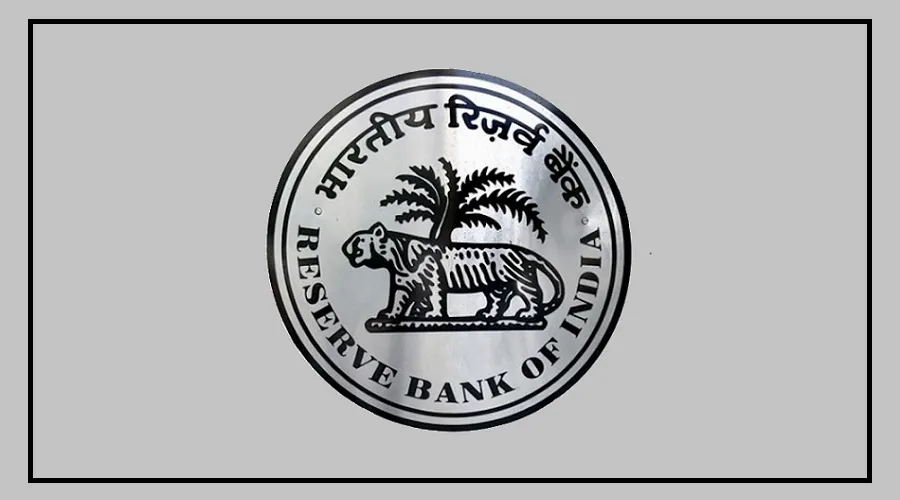In a recent move, the Reserve Bank of India (RBI) has introduced significant changes to the penalty framework for loan accounts.
The central bank’s announcement on August 18 highlights the need for more transparency and fairness in penal charges imposed by banks.
This step aims to prevent banks from using penalties as a revenue-generating tool and encourages a disciplined repayment culture among customers.
Shift in Penalty Approach: Under the updated rules, banks are no longer permitted to levy penalties on loan accounts for the purpose of boosting their revenue.
Traditionally, banks have imposed penalties on customers for breaching contractual terms.
However, RBI’s directive clarifies that these charges should be categorized as ‘penal charges’ and not considered as penal interest.
This distinction ensures that penal charges are not compounded with interest, maintaining the integrity of the interest calculation process.
No Capitalization of Penal Charges: RBI’s new guidelines explicitly prohibit the capitalization of penal charges, ensuring that interest is not recalculated on such charges.
This practice preserves the standard process of interest compounding in loan accounts.
The central bank’s observation revealed that several banks were charging penal interest in addition to the prescribed interest rates, especially in cases of loan defaults or breaches of loan terms.
Purpose and Fairness: While the intent behind imposing penal interest is to instill discipline in loan repayments, the RBI identified inconsistent practices across banks.
It emphasizes that the objective of these charges should not be revenue generation, but rather fostering responsible borrower behavior.
Furthermore, the central bank mandates that penal interest rates should not surpass the rates stipulated in the loan terms.
Customer Transparency and Policy Framework: RBI’s intervention is prompted by customer complaints about the lack of transparency in banks’ penalty imposition practices.
To address this, the central bank advises banks not to introduce new interest rate components and encourages adherence to the outlined guidelines.
Additionally, banks are required to formulate a comprehensive policy for penal charges, subject to board approval.
Balanced Penalty Quantum: RBI stresses the importance of reasonable and proportional penalty charges in line with the nature of the loan terms breached.
It emphasizes that uniformity and fairness must prevail across various loan and product categories.
Furthermore, the central bank underscores that penalty charges for individual customers should not exceed those imposed on non-individual customers.
























